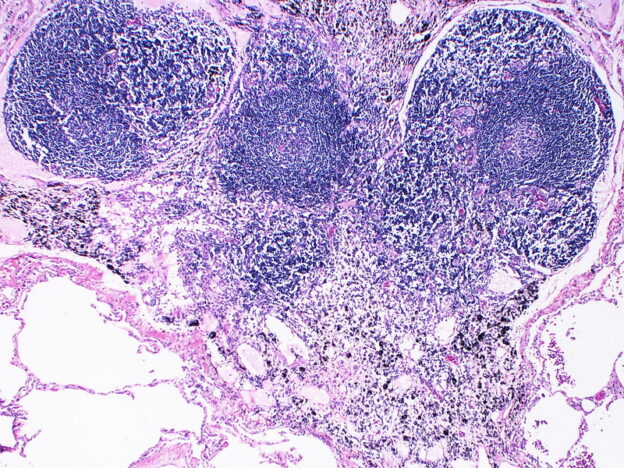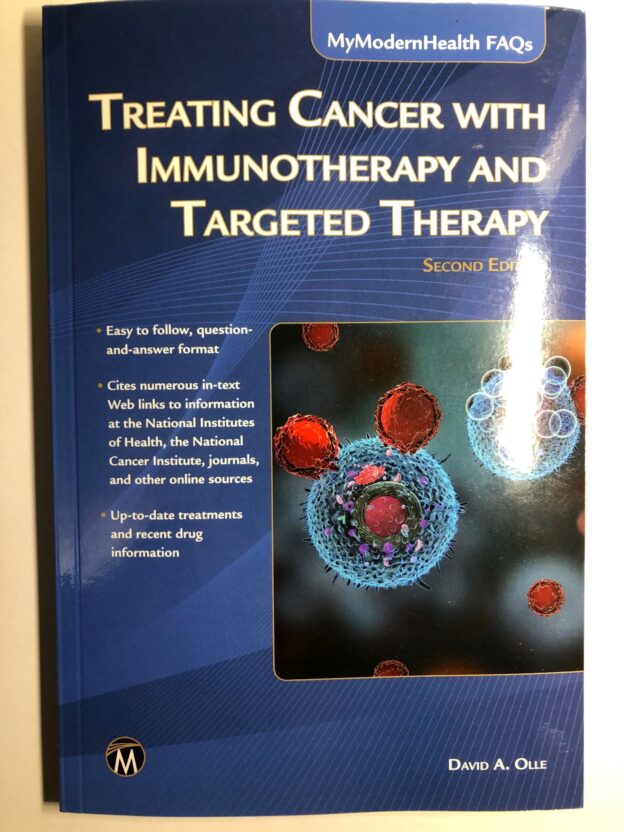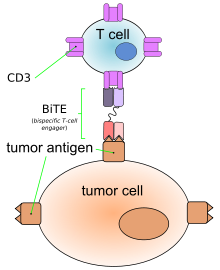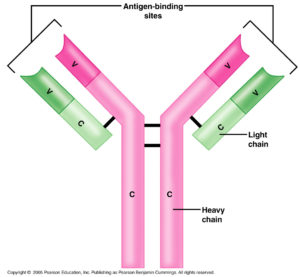Using immunotherapy to fight cancer is currently a hot topic. Although the procedure has resulted in amazing successes for some cancers, it has not been successful in many cases.
The problem may lie in the phenomenon of T cell exhaustion. T cells are an essential component of the immune system and quickly migrate to the site of infection to fight pathogenic organisms or cancer cells. However, in the case of cancer cells, T cells quickly become inactive. A nuclear regulatory factor comes into play to prevent overstimulation of T cells and activation-induced cell death.
Recent research has indicated that the presence of “stem-like” T cells in the cancer cell microenvironment can lead to the maintenance of T cell activity and the effectiveness of immunotherapy. “Stem-like” refers to T cells that behave like stem cells. Stem cells are non-specialized cells with the potential to develop into many different types of cells in the body. Similar to stem cells, “stem-like” T cells have the ability of self-renewal. The maintenance of “stem-like” T cells in the tumor microenvironment has been shown necessary to keep the T cells active. In cases of successful immunotherapy, “stem-like” T cells are constantly recruited from nearby lymph nodes to maintain a population of active T cells to fight the cancer.
Researchers hope to develop therapies to activate stem-like T cells in the nearby lymph nodes.
REFERENCES
1. Connolly, K. et al. “A reservoir of stem-like CD8+ T cells in the tumor-draining lymph node preserves the ongoing antitumor immune response.” SCIENCE IMMUNOLOGY
j2 Sep 2021 Vol 6, Issue 64
2. Memorial Sloan Kettering Cancer Center. “Making Immunotherapy Work for More People.” MSK News. Spring 2022.
3. Scott, A., Dundar, F. and Schietinger, A. “TOX is a critical regulator of tumor-specfic T cell differentiation.” Nature. Vol. 571, pages 270–274 (2019)



